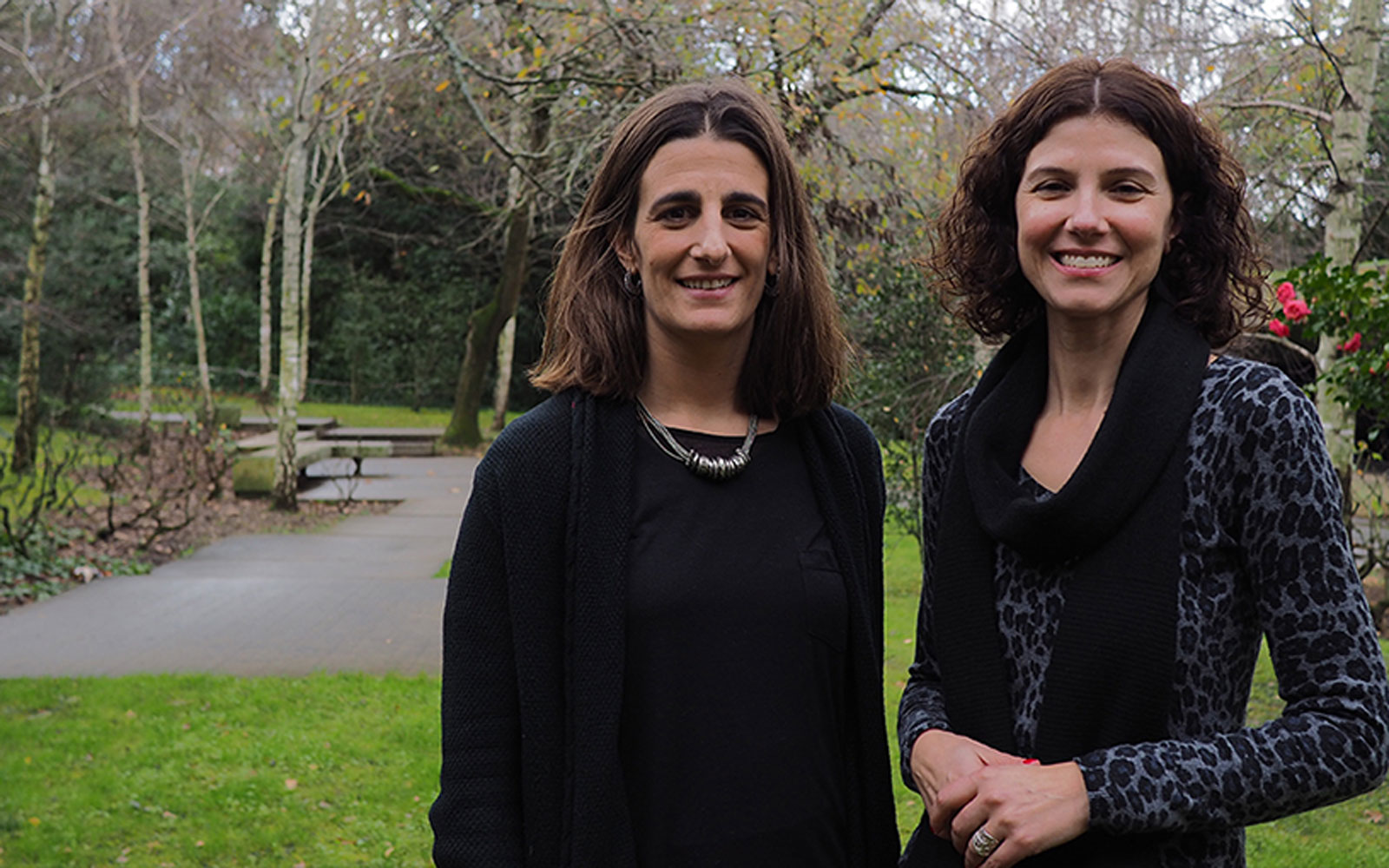
Outcomes contracts

In 2017, the Movimento de Defesa da Vida (MDV – Movement for the Defense of Life) team grew and established itself in Porto with the mission to closely monitor families with children and adolescents flagged by the Child and Youth Protection Committee, to help prevent institutionalisation. And that’s how Projeto Família came about, one of the three Social Impact Bonds (SIBs) whose interim outcomes MAZE has disclosed, the firm that has supported the projects since their inception. After three years, more than 90% of the children and adolescents monitored by the project have remained with their families at home, an outcome that far exceeds the established 60% target.
Social Impact Bonds are a novel financing model focused on delivering better social outcomes in public service provision.
‘The Calouste Gulbenkian Foundation has sought to introduce an outcome-based culture in the public and third sectors,’ explains Francisco Palmares, SIB manager for the Gulbenkian Sustainable Development Programme. ‘We live in a world where societal problems are increasingly more complex. At the same time, the public sector has fewer and fewer resources to ensure the design and contracting of efficient, effective and universal solutions. This is why the Foundation is interested in Social Impact Bonds,’ he explains, adding that ‘this financial instrument, which the Foundation has been testing in recent years, aligns the interests of the public, private and third sectors to help find solutions to social problems’.
A SIB is, therefore, a tripartite agreement between, at least, one private organisation that funds the intervention, a social organisation that implements it and a public authority that defines the outcomes to be contracted and, if achieved, repays the investors.
Margarida Anselmo, in charge of monitoring SIBs at MAZE, explains the potential of this instrument. ‘Social Impact Bonds allow the public sector to transfer the risk to social investors. This means that the public sector only pays for interventions that actually achieve the contracted outcomes, such as, for example, entry of youth not in employment, education or training (NEET) into the job market or improving the quality of life of informal caregivers. The public sector itself defines the contracted outcomes based on public policy priorities.’
Margarida stresses that the differentiating factor of SIBs when compared to traditional financing models, such as grants or donations, is ‘the development of an assessment and monitoring culture that helps promote evidence-based social responses’.
This constant monitoring allows an intervention to be readjusted during implementation, explains Carmelita Dinis, Director of MDV. ‘The demanding performance management required during the entire process enables ongoing assessment and mitigation of the challenges faced in the field.’
This is why Francisco Palmares believes that the interventions today are more effective than when they were launched in 2017. ‘These improvements are mainly due to the implementation of performance management models at social organisations that focus on the experience of the beneficiaries,’ says Francisco, adding that ‘for the Foundation, the need to implement continuous improvement processes in the third sector is one of the main messages we want to share to promote the design of more effective solutions’.
Social Impact Bonds: why invest in this financing model?
In recent years years, the Calouste Gulbenkian Foundation has financed three Social Impact Bonds (SIBs), the interim reports of which were recently presented by MAZE, an impact investment firm created by the Foundation.
Find out more